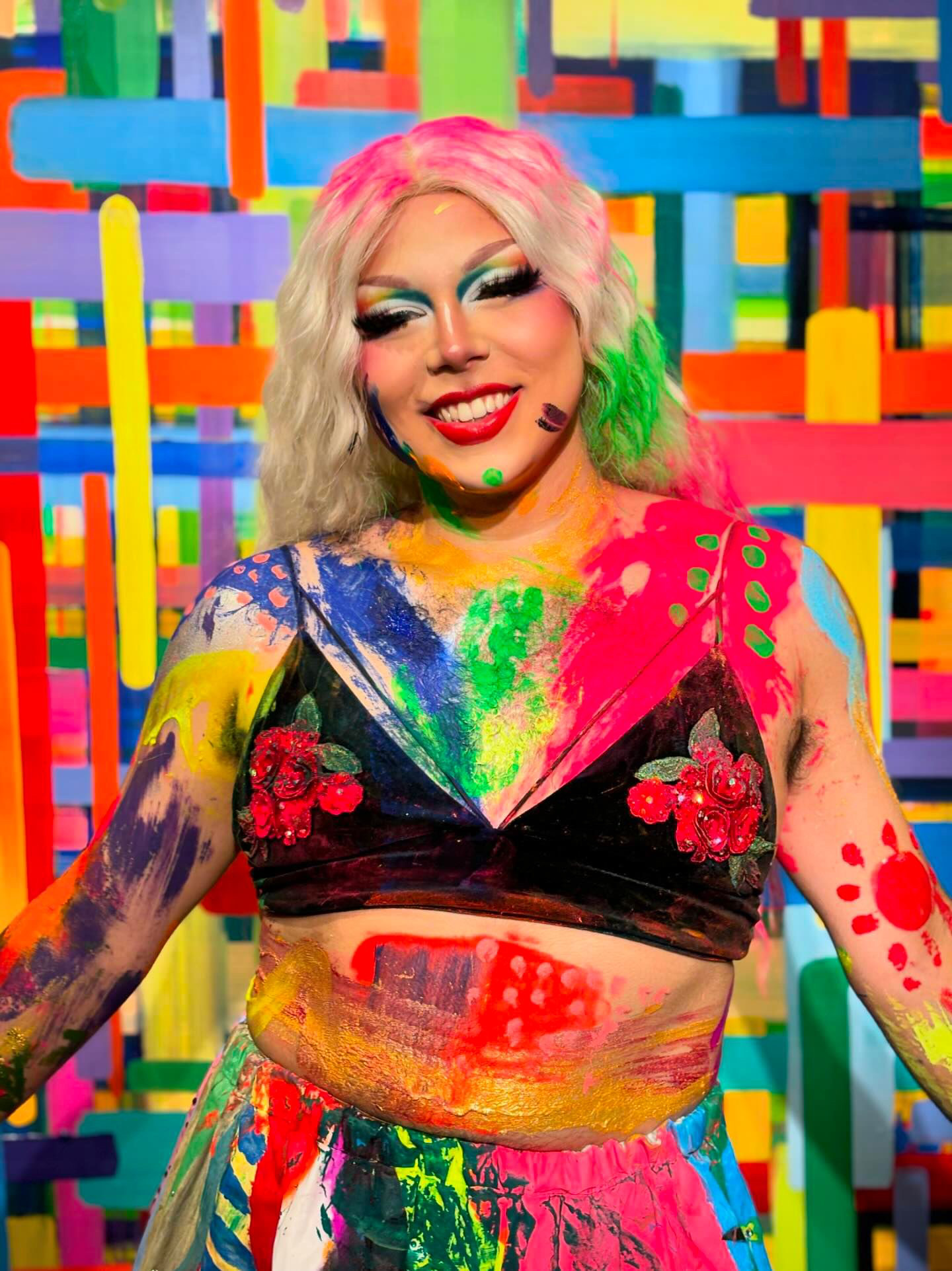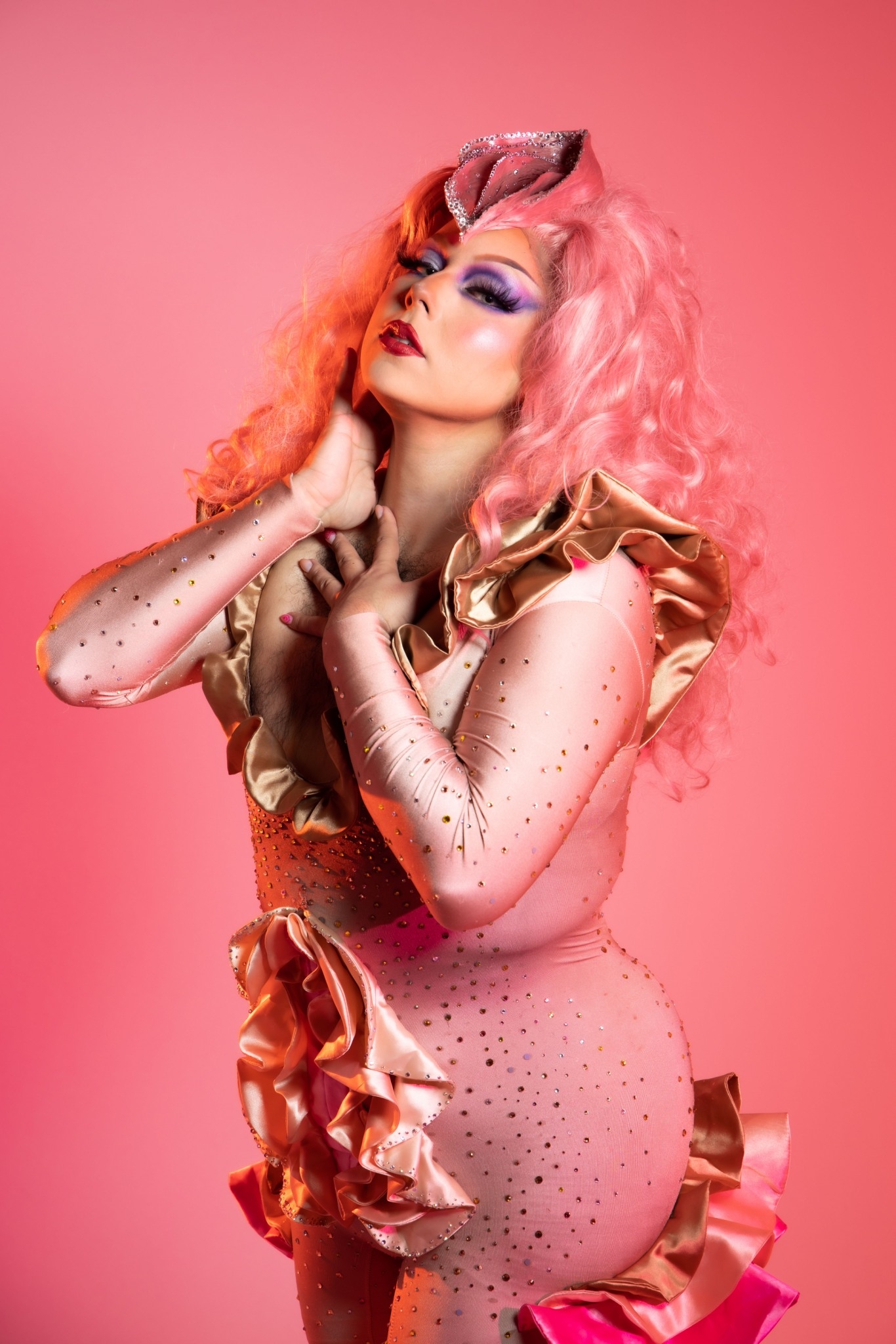In our Perfect Days column, we ask notable Tokyoites to share how they’d spend an ideal day in their home city.
Labianna Pinklady Joroe is a Brazil-born, Japan-raised drag queen and sexual wellness educator. After launching her drag career in Nagoya in 2018, she moved to Tokyo, where she uses performance and counseling to promote consent and intimacy across cultures. Here’s how she’d spend a perfect day in Japan’s capital city.
My perfect day in Tokyo is …
Pretty much summarized in three words: coffee, culture, food. I love to grab a coffee and walk around a neighborhood, vibing with the atmosphere. One place I absolutely love is Dope Nakano. The area of Nakano in general has a fantastic atmosphere; it’s known for its old-school charm, vintage shops and maze-like shopping arcades where you can find everything from punk zines and faded adult mags to antique kimono and woodblock prints. And this little retro café has the perfect combination of nostalgia and fresh atmosphere.
The concept is fujun-kissa, “fujun” meaning “impure.” “Junkissa” translates to “pure café” or “classic coffee shop” in Japanese. It refers to a type of traditional Japanese café, often characterized by its nostalgic, retro atmosphere and focus on coffee and tea, rather than serving alcohol. Dope, conversely, is impure — it has a bar menu and a bit of a nightlife feel, with neon lights and Japanese hip-hop playing on vinyl. The nitro coffee served with Showa-era pudding is a must.

In the evening, I’d grab a bite at Alamas Cafe, a Mexican queer bar and café located in Shinjuku Nichome, the biggest queer neighborhood in Japan. Then I’d put on my makeup, high heels and a dress for a full night of entertainment in the area.
Tokyo’s best-kept secret is …
Platform3, a little queer-oriented bookshop located right by Higashi-Nakano Station. It’s run by Loneliness Books and TT Press, and it feels cozy and cultured at the same time. Here, you’ll find a carefully curated collection of books and zines that touch on everything from gender and feminism to solidarity and loneliness, all with a focus on the diverse voices of Asia. It’s a great community spot — a place to connect and reflect.
A place I’ve always wanted to try is …
Yoshiwara Atochi in Asakusa. It’s the site of the former Yoshiwara Yukaku, once the largest legal red-light district in the area. Established in the early 17th century by the Tokugawa shogunate, it was known for its lavish courtesans and intricate wooden teahouses. Though little remains today, the area once played a major role in shaping the city’s social and economic life. As a sexual educator, I’ve always wanted to visit for its rich history of intimacy, gender and erotic expression.

Follow Labianna on Instagram.


AloJapan.com